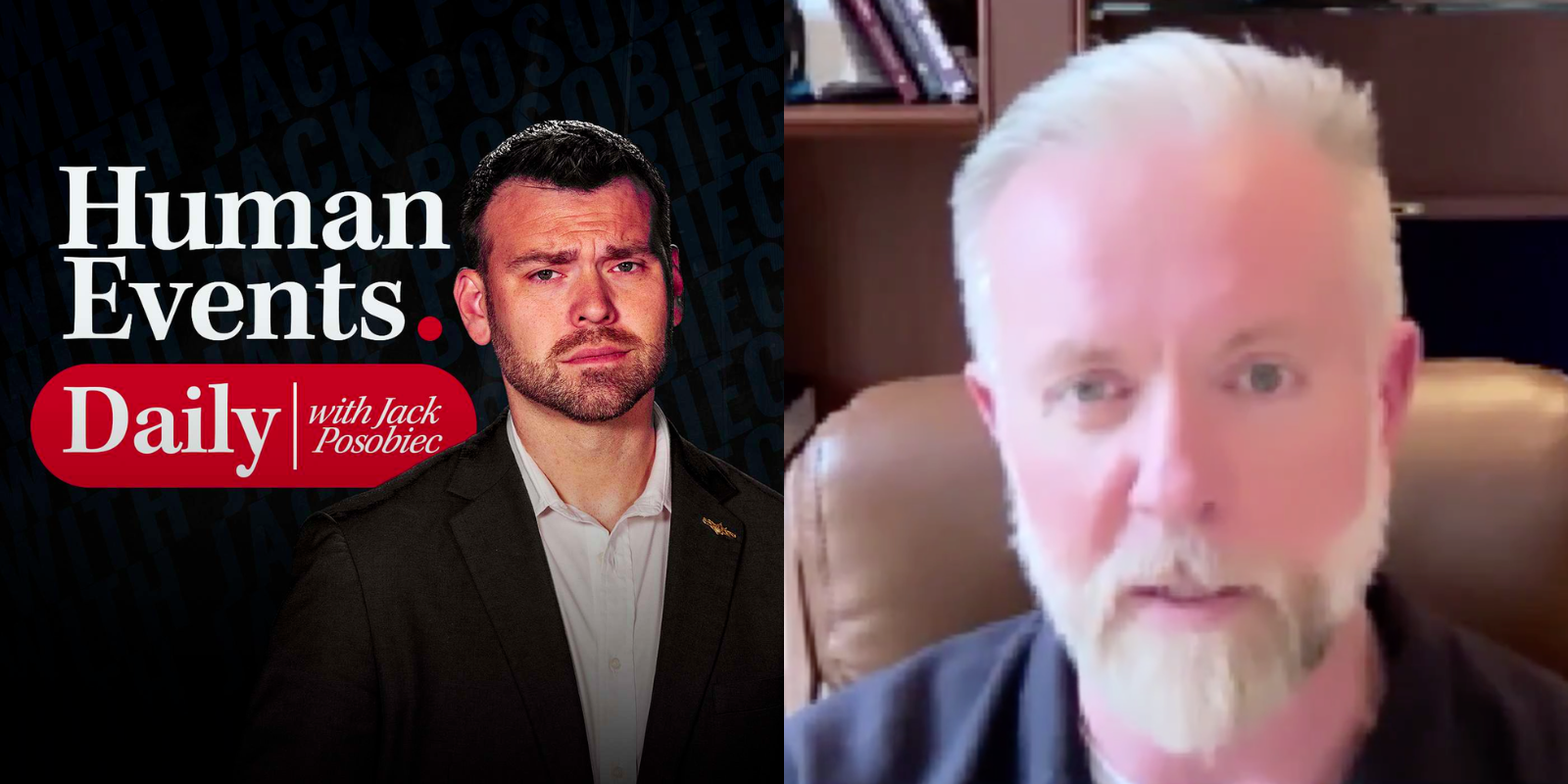More recently, the Trudeau government announced sanctions against our common terrorist enemy, Iran’s Islamic Revolutionary Guards. The only remaining question is whether in confronting the IRGC, this will constitute a further step or a final step.
As related by Reuters in U.S. News & World Report, under its Immigration and Refugee Protection Act that targets rogue regimes accused of committing war crimes, Canada will classify the “top 50% of the IRGC leadership, more than 10,000 officers and senior members” and ban them from entering the country. Further, the Canadian government will expand “targeted sanctions measures and establish a sanctions bureau” against these leaders and members of the IRGC.
Canada took these measures in the wake of the Sept. 13 death of Masha Amini while in the custody of Iran’s “morality police” for the crime of not properly wearing her hijab, which sparked protests across that oppressed nation; and in the continuing aftermath of the 2020 downing of a Ukrainian International Airlines plane, which resulted in the deaths of 176 people, including Canadian citizens and permanent residents. The gravity of these measures is significant. As Prime Minister Justin Trudeau, remarked at an October 7th press conference: “This is the strongest measure we have to go after states and state entities.”
This is not the first time Canada has addressed the IRGC’s malevolent acts. The Canadian government has already listed the IRGC’s Qods Force, which is tasked with external operations, as a terrorist entity. Indeed, at the recent press conference, Deputy Prime Minister Chrystia Freeland declared “the IRGC is a terrorist organization.” [Fact check: True.] The Deputy Prime Minister has also publicly stated that the Canadian government “will use all the tools at our disposal to isolate and punish the brutal dictatorship [in Iran]” and that “we understand the significance of listing the IRGC [as a terrorist entity].” Evidently, so too does parliament, which in 2018 expressed broad support for a measure declaring the entire IRGC as such.
Thus, the rub: why won’t the Trudeau government designate the IRGC in its entirety as a terrorist organization? (The U.S. has already done so.) It is a question not solely being asked by both the political opponents of the Trudeau government, but of a vast number of Canadian citizens concerned about the well-being of the oppressed Iranian people.
In The Globe and Mail, Robyn Urback asked the Trudeau government, in lieu of action, for at least an explanation for its inaction on naming the entire IRGC as a terrorist organization. She offered a few possible explanations to assist the Trudeau government in providing an answer:
Another potential reason is that, while a staunch ally of the United States, in many instances Ottawa’s foreign policy often differs from Washington’s. Rather than a constant cause for dissension, on issues of mutual interest between the two countries, such differences can allow Canada to diplomatically engage with nations the U.S. has sanctioned or has cut off relations and/or recognition for sundry strategic reasons. By strengthening sanctions against part of the IRGC, Canada’s action further aligns its Iranian policy with the U.S. This is certainly not to say such an increased alignment was deemed a beneficial or detrimental factor in the Trudeau government’s decision-making process. But they were certainly aware of it. Thus, Canada’s action is, indeed, a significant step. But is it a further step or a final step in sanctioning the entire IRGC?
It is a question Ms. Urback believes the Trudeau government has the duty to provide the Canadian people:
FYI: Your friends along your southern border appreciate both the Canadian government’s recent strengthening of sanctioning against the IRGC and an answer to Ms. Urback’s – and every concerned Canadian citizens’ – eminently fair question.





